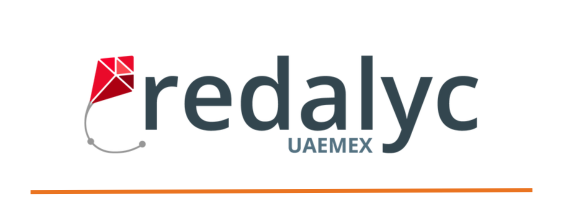Aplicativo Android datalogger serial-USB para sistemas embebidos
DOI:
https://doi.org/10.26439/interfases2016.n009.1246Palavras-chave:
android (sistema operativo), sistemas embebidos (informática), registradores de datos, teléfono móvilResumo
El presente artículo muestra el aplicativo realizado en Android que permite registrar los datos adquiridos por comunicación serial de cualquier sistema embebido; así como probar las entradas y salidas en un equipo portátil, como lo es un dispositivo móvil con sistema operativo Android. Para su realización se utilizaron como referencia las librerías de Ohwada, las cuales se modificaron para tener la opción de registrador en la memoria SD del dispositivo móvil desde el momento que uno presiona el botón iniciar hasta que uno presiona el botón parar. Además, la forma de mostrar los valores adquiridos por serial en una sola consola fue modificada, junto con algunos parámetros de configuración en la transmisión de datos.
Downloads
Referências
Almacenamiento de datos en un archivo de texto localizado en una tarjeta SD. (s.f.). Recuperado de http://www.tutorialesprogramacionya.com/javaya/androidya/detalleconcepto.php?codigo=144&inicio=
Ohwada, K. (2014). Android_UsbSerialTerminal1. Recuperado de https://github.com/ohwada/Android_UsbSerialTerminal1
Downloads
Publicado
Edição
Seção
Licença
Los autores/as que publiquen en esta revista aceptan las siguientes condiciones:
Los autores/as conservan los derechos de autor y ceden a la revista el derecho de la primera publicación, con el trabajo registrado con la licencia de atribución de Creative Commons, que permite a terceros utilizar lo publicado siempre que mencionen la autoría del trabajo y a la primera publicación en esta revista.
Los autores/as pueden realizar otros acuerdos contractuales independientes y adicionales para la distribución no exclusiva de la versión del artículo publicado en esta revista (p. ej., incluirlo en un repositorio institucional o publicarlo en un libro) siempre que indiquen claramente que el trabajo se publicó por primera vez en esta revista.
Se permite y recomienda a los autores/as a publicar su trabajo en Internet (por ejemplo en páginas institucionales o personales) antes y durante el proceso de revisión y publicación, ya que puede conducir a intercambios productivos y a una mayor y más rápida difusión del trabajo publicado (vea The Effect of Open Access).
Última actualización: 03/05/21






